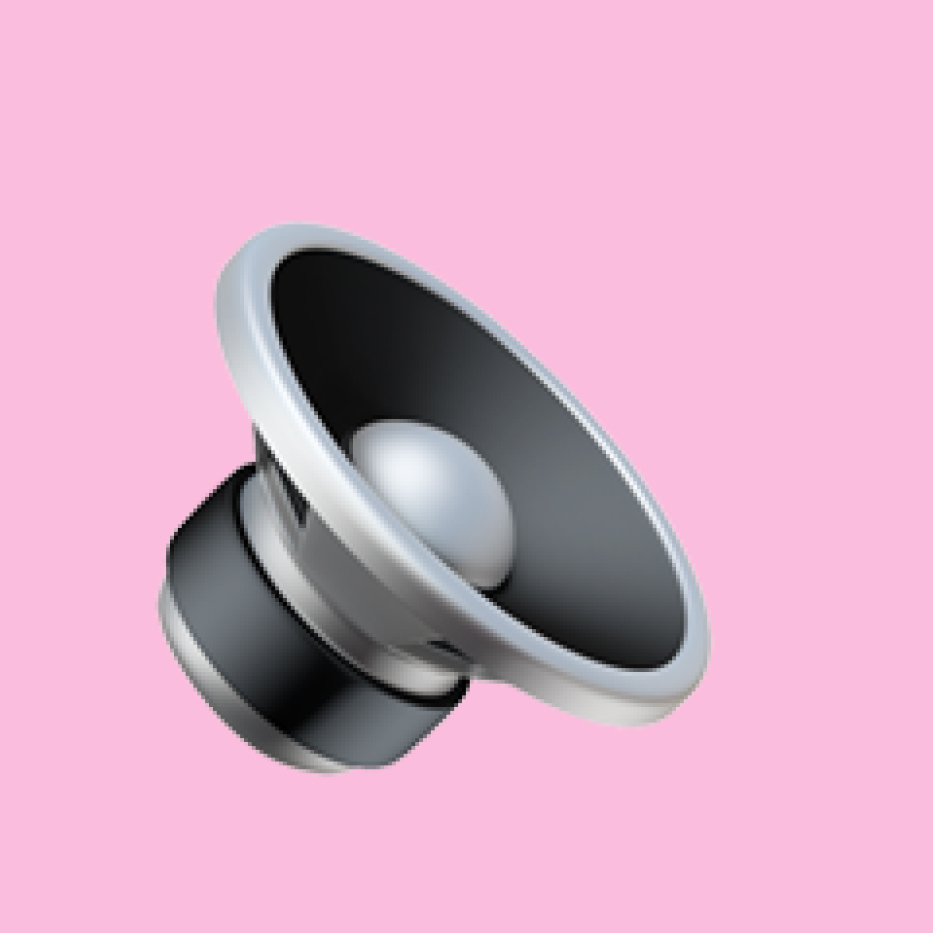What's the plural of "octopus"? | | What's the word for several octopus? There are a few options, and the correct term is up for debate. | |  | Bennett Kleinman |
|
| |  | | T he word "octopus" has nearly as many plural forms as the creature does legs. Well, not quite, but there are three versions that are commonly used (and debated): "octopi," "octopuses," and "octopodes." You may be thinking, "It's all Greek to me." But it's not hard to explain, and one of the plurals actually does have origins in Greek.
"Octopi" is perhaps the most common, yet still irregular, pluralization of "octopus." It comes from an early-19th-century tradition of giving natural-world nouns that end in "-us" the Latin plural ending, which is "-i." This is the case with words such as "platypus" ("platypi") and "cactus" ("cacti") that have Latin roots. However, since "octopus" is originally derived from Greek (oktō meaning "eight" and pous meaning "foot"), not Latin, some etymologists (including those at the Oxford English Dictionary) argue that the plural "octopi," while commonly used, is not technically accurate.
(Editor's note: The New York Times crossword has used "octopi" several times as an answer. As the puzzle editors have yet to respond to my letters asserting the error, I have to assume they believe it is the correct plural. —JF)
"Octopuses" is another plural form of "octopus" that came into use a bit later in the 19th century. It's based on the standard practice of adding "es" to the end of an English word ending in "s" in order to make it plural. Think "buses," "mattresses," "glasses," and so on.
Lastly, let's talk about Oxford's choice for the plural: "octopodes." The word "octopus" originally came from the Greek oktṓpous, meaning "eight foot." In Greek, the plural of that word is oktṓpodes, and in English, that plural is "octopodes" (pronounced "ahk-TOH-poh-deez"). While this is perhaps the least likely contender for the correct plural of "octopus" if you were to ask people on the street, it is the most etymologically accurate. Now you have a new fun fact for cocktail parties. |
| | Continue reading | |  |
| |
| | Advertisers help keep Word Smarts free | |
Emoji Decoded | |  | | Speaker | | | Meaning: Indicates a speaker at high volume, often used to represent sound, music, or audio notifications.
Evolution: As part of a set of speaker emojis (🔇🔈🔉🔊), this one includes sound waves to demonstrate the highest volume. It's frequently used on social media to indicate audio content or to suggest turning the sound on.
Usage: [Caption on a video post:] 🔊 Trust me, you'll want to hear this! |
|
 | | Speaker | | | Meaning: Indicates a speaker at high volume, often used to represent sound, music, or audio notifications.
Evolution: As part of a set of speaker emojis (🔇🔈🔉🔊), this one includes sound waves to demonstrate the highest volume. It's frequently used on social media to indicate audio content or to suggest turning the sound on.
Usage: [Caption on a video post:] 🔊 Trust me, you'll want to hear this! |
|
| |
Have you read? | |  | | Lord of the Flies | | By William Golding | | "Lord of the Flies," originally published in 1954 as the debut novel from a British author, is currently landing on some American banned books lists. What's so controversial about this story of a group of boys stranded on a desert island? I encourage you to read it yourself, but rereading it as an adult, I found it an interesting lens for power dynamics and personal morality decisions. | | | | Jennifer A. Freeman, Word Smarts Senior Editor | | | | We independently evaluate all recommended products and services. If you click on links we provide, we may receive compensation. |
|
 | | Lord of the Flies | | By William Golding | | "Lord of the Flies," originally published in 1954 as the debut novel from a British author, is currently landing on some American banned books lists. What's so controversial about this story of a group of boys stranded on a desert island? I encourage you to read it yourself, but rereading it as an adult, I found it an interesting lens for power dynamics and personal morality decisions. | | | | Jennifer A. Freeman, Word Smarts Senior Editor | | | | We independently evaluate all recommended products and services. If you click on links we provide, we may receive compensation. |
|
| |
| | Advertisers help keep Word Smarts free | |
|


0 comments:
Post a Comment